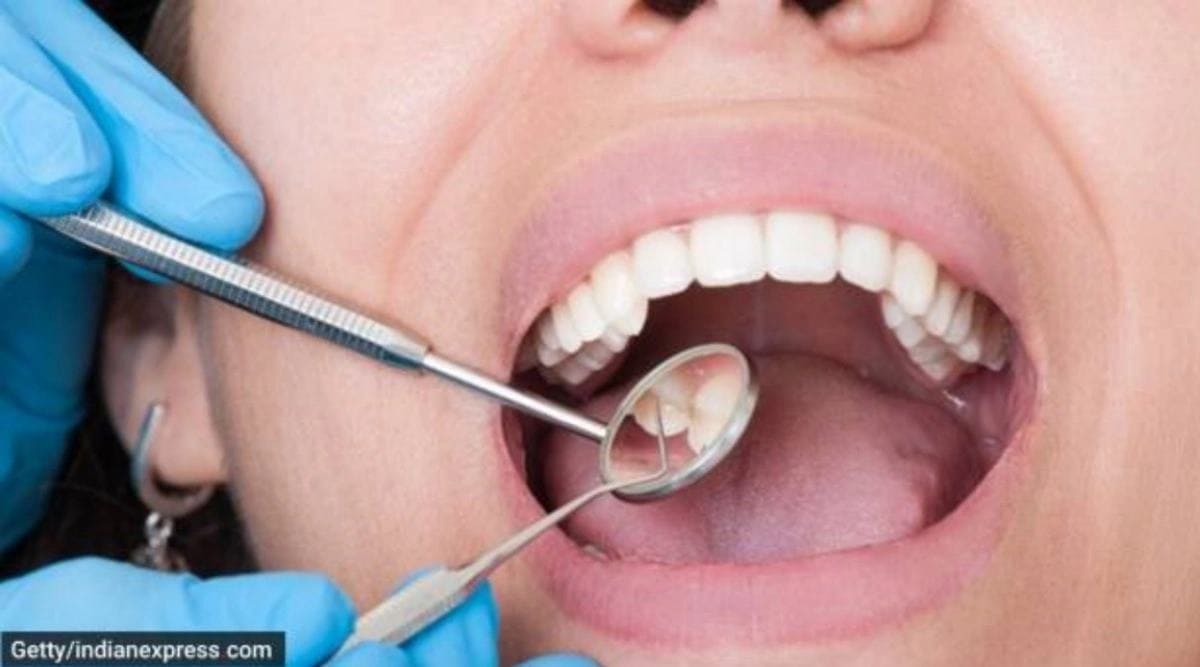World Oral Health Day: How diabetes impacts your teeth and the dental hygiene norms you need to follow - The Indian Express

Written by Dr Sacheev Nanda
People with diabetes are more likely to have gum disease, cavities, dry mouth, altered sensation and other problems with their teeth and gums. And some of these problems can worsen your diabetes. Poor oral health can affect diabetes and vice versa.
More research and further studies are needed to check if poor oral health may lead to diabetes. Although a few studies have mentioned that individuals with gum disease are more likely to develop diabetes — probably because of neglect not only of dental health but general health too — those with diabetes are also more prone to dental problems.
Studies show that children and juveniles with Type 1 diabetes, with poor metabolic control, had significantly higher values of Decayed, Missing, Filled teeth-(DMFT index), more plaque and increased gingivitis. Diabetes may manifest in your mouth in several ways: You may have less saliva, causing dry mouth. Your gums may become inflamed and bleed often. Any infection may take a longer time to heal. If your blood sugar levels are high, understand that they are high in your saliva too. Bacteria in plaque, a sticky film on your teeth, use sugar as food. Some of this bacteria can cause tooth decay, cavities and gum disease. If the tooth is not treated, it can also lead to tooth loss.
Gum disease, also known as periodontitis, is caused by bacterial infection of the gums and bones that support the teeth. It can cause tooth loss and other complications if left untreated. Individuals with gum disease have higher levels of inflammatory markers in their blood, which can impair insulin sensitivity and contribute to higher blood sugar levels. Gum disease can be more severe and take longer to heal if you have diabetes.
On the other hand, individuals with diabetes have a weakened immune system, making them more susceptible to infections, including gum disease. If they frequently take antibiotics to fight various infections, they are prone to developing a fungal infection of the mouth and tongue. The fungus thrives on the high glucose levels in the saliva of people with unmanaged diabetes. Wearing dentures (especially when they are worn constantly) can lead to fungal infections.
High blood sugar levels can also lead to dry mouth, which increases the risk of cavities, oral infections and gum disease.
To prevent dental problems, it is crucial to practise good oral hygiene, including brushing twice a day, flossing daily, using a soft thistle toothbrush and seeing a dentist regularly. Additionally, managing blood sugar levels through a healthy diet, exercise, and medication can also help prevent or manage diabetes and its associated oral health problems. Smoking increases your risk of gum disease and can worsen your diabetes.
Advertisement
Poor oral health and diabetes are closely related, and taking care of one's oral health can contribute to overall health and well-being.

Comments
Post a Comment